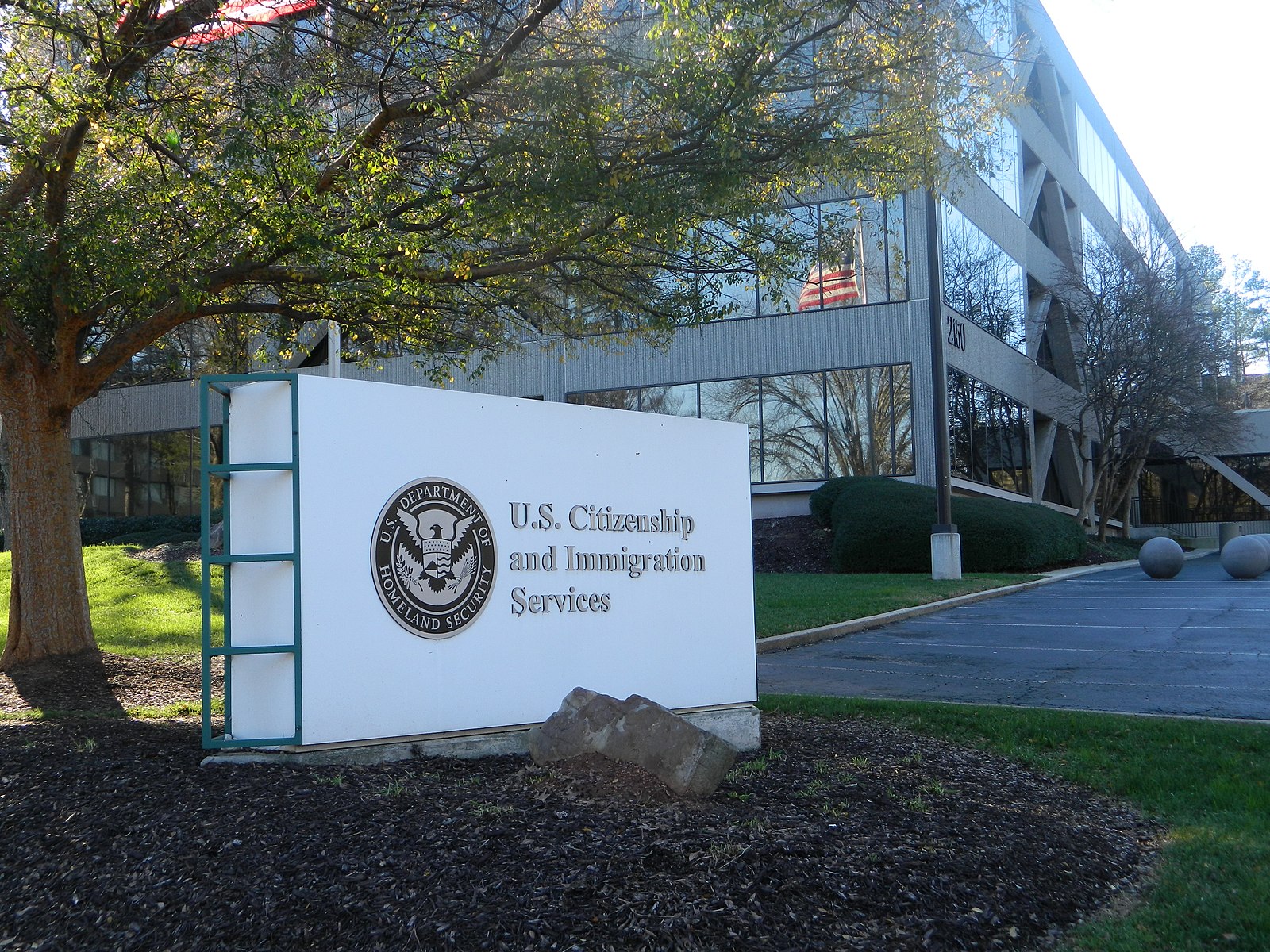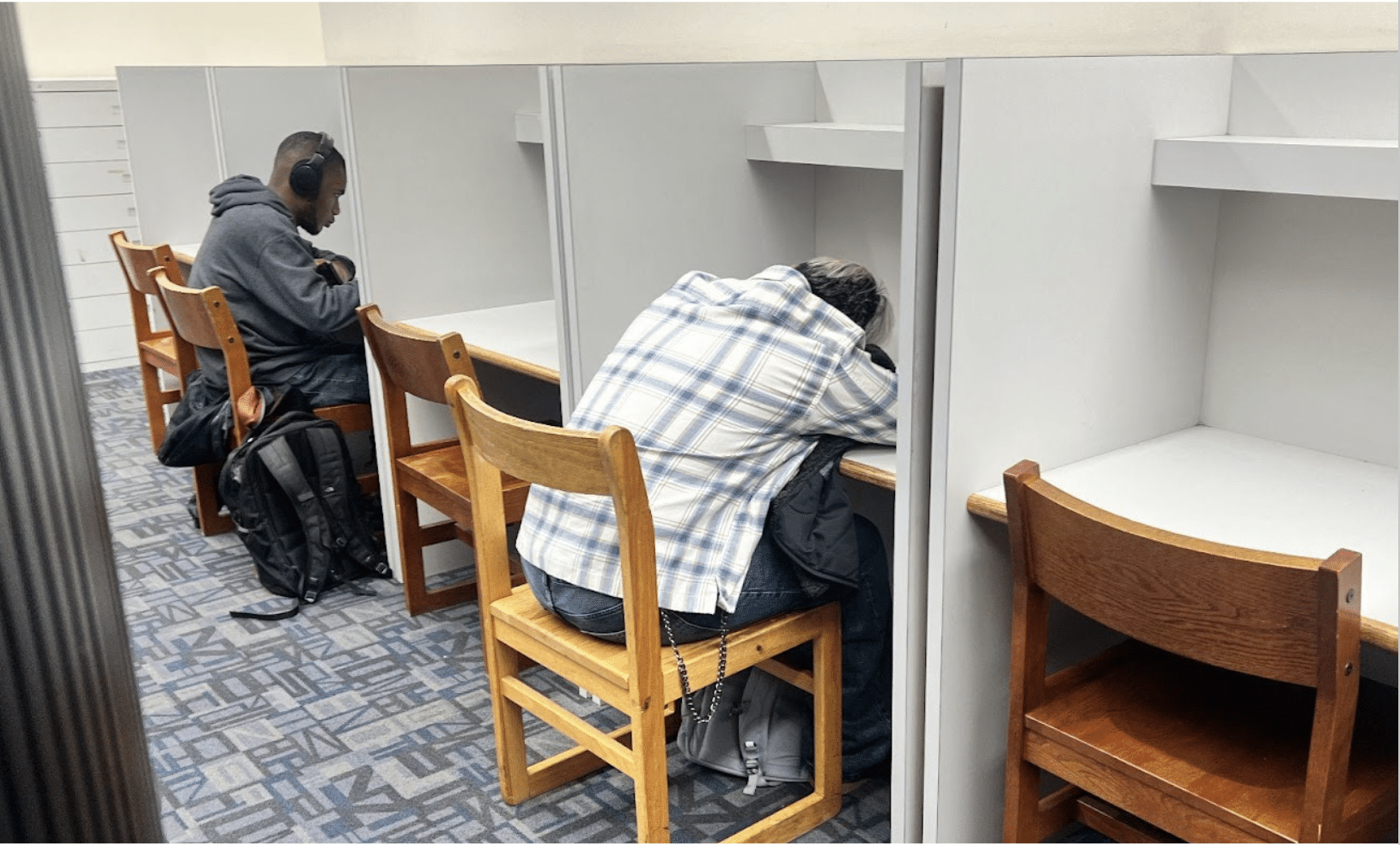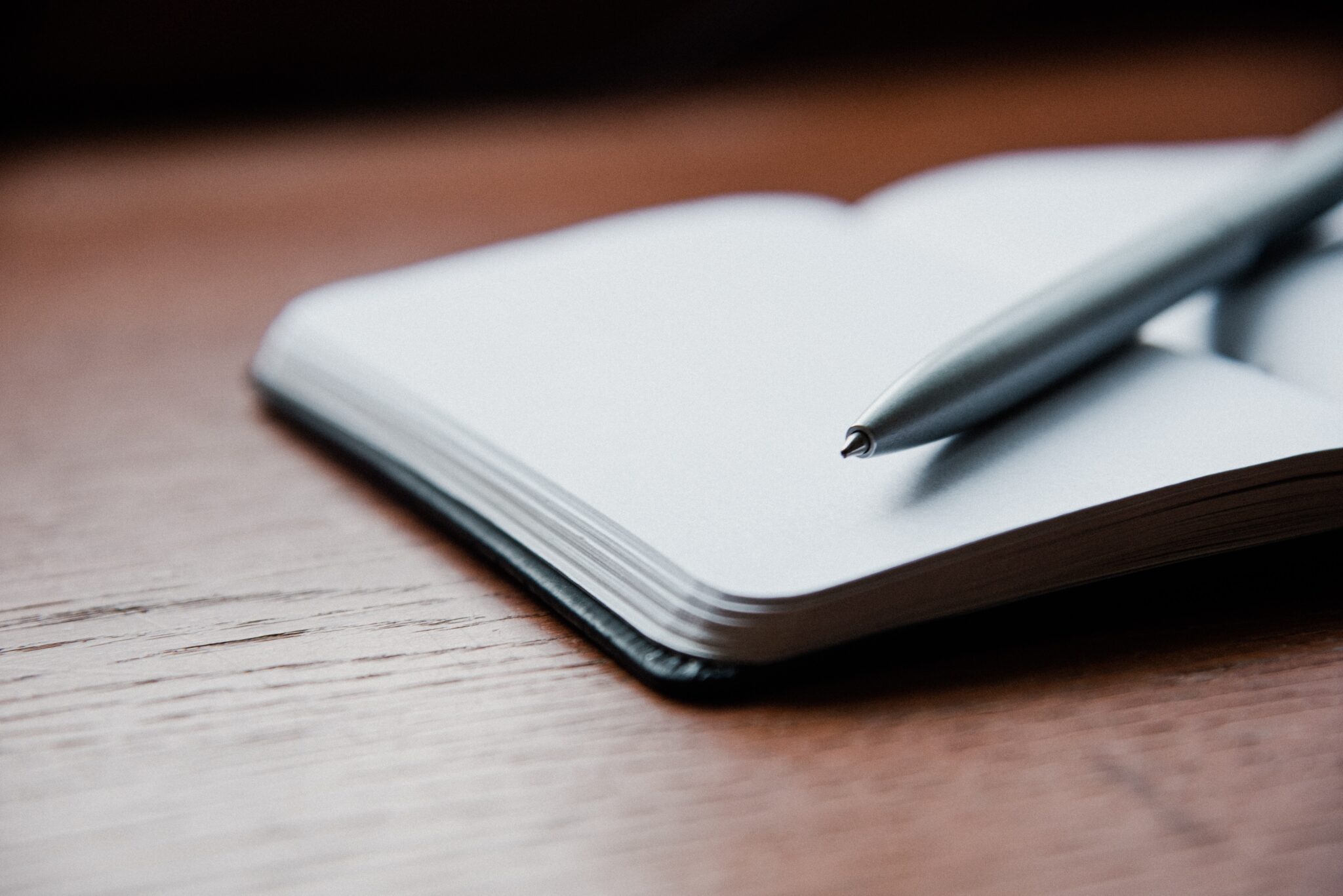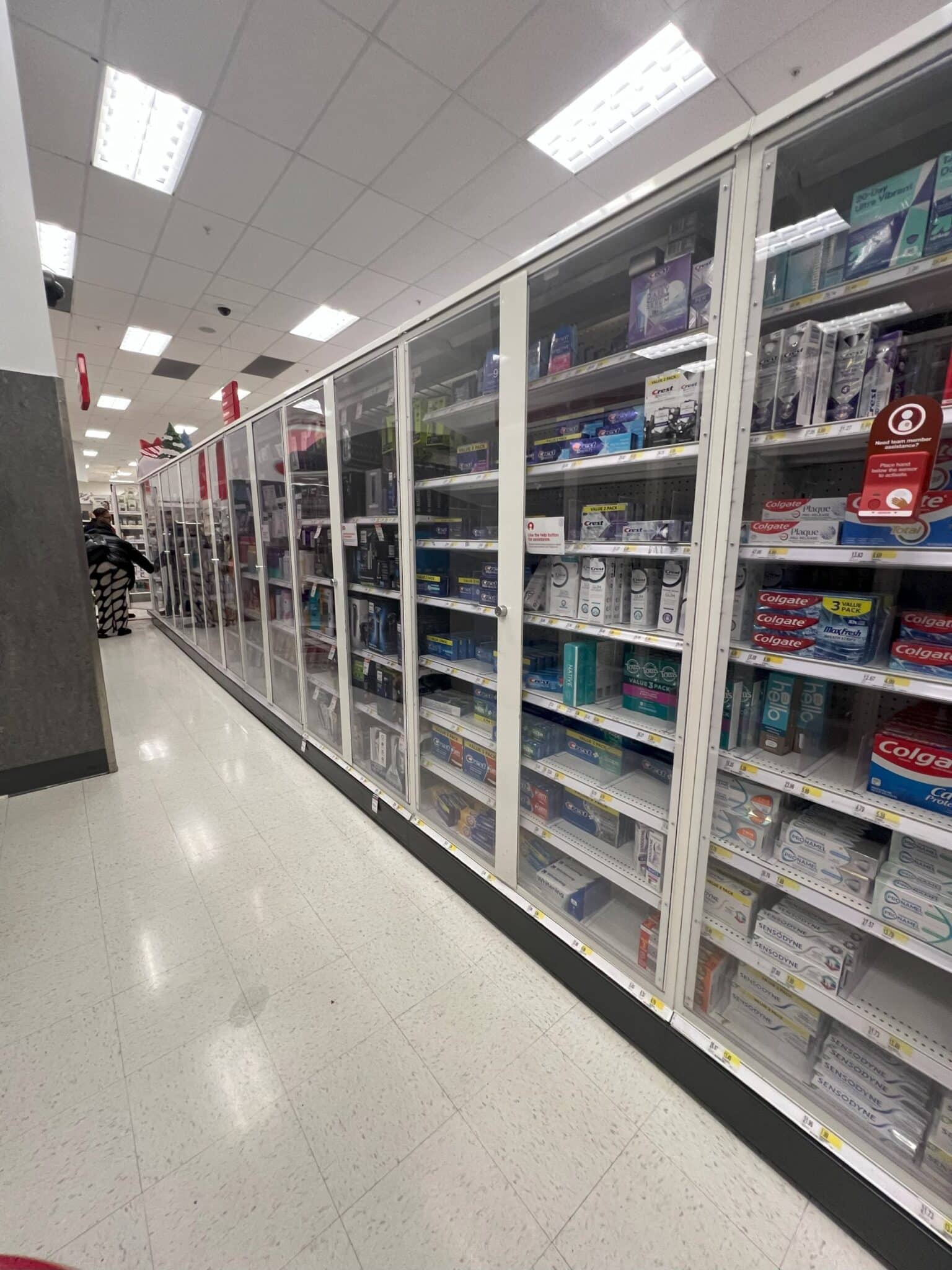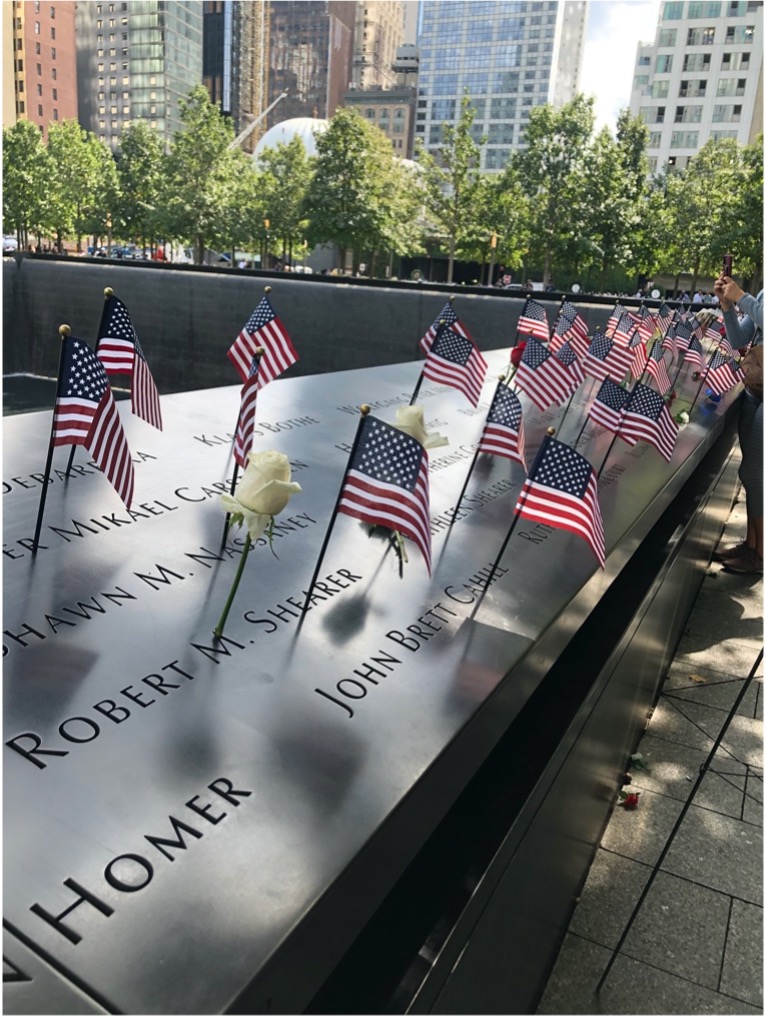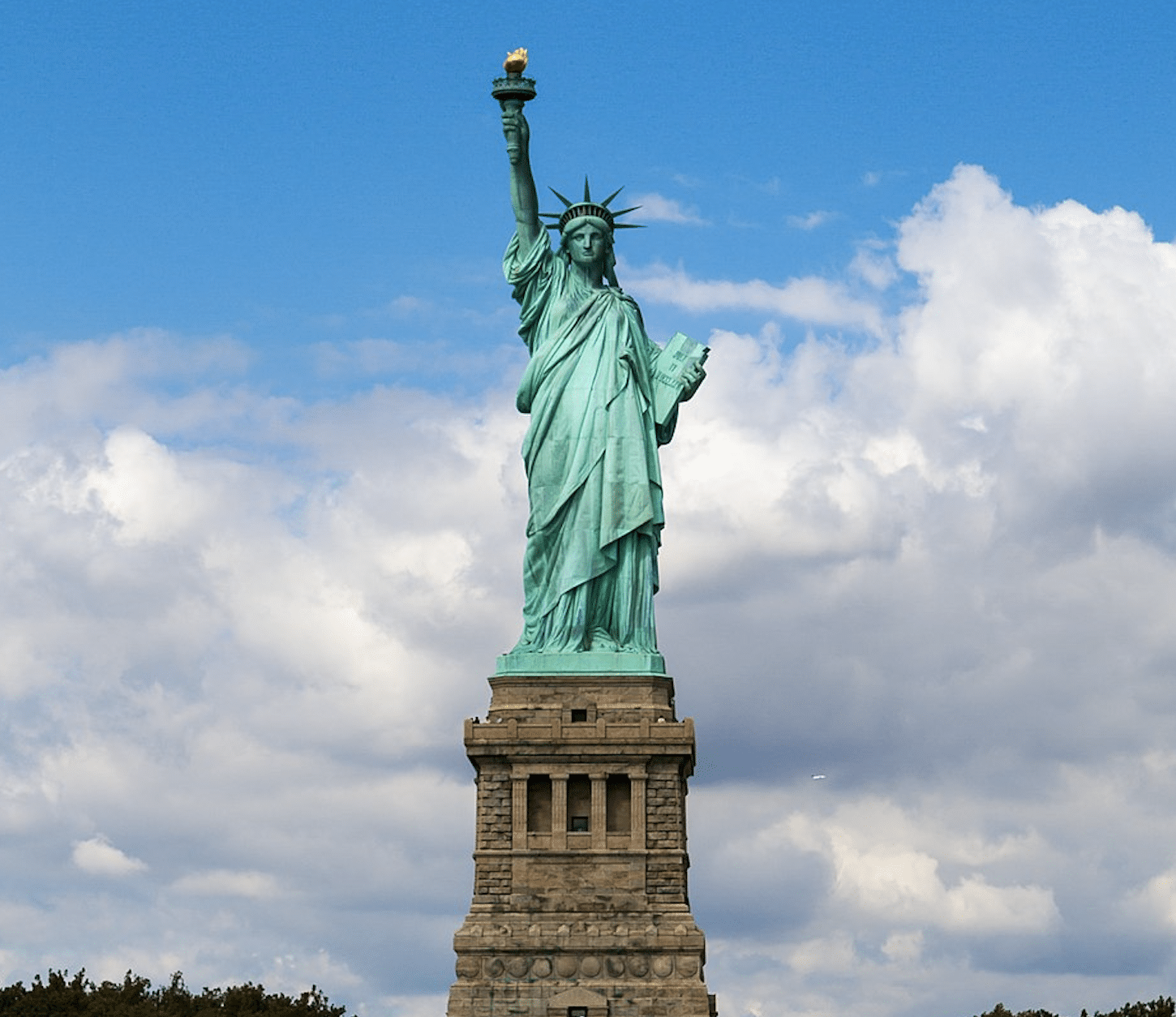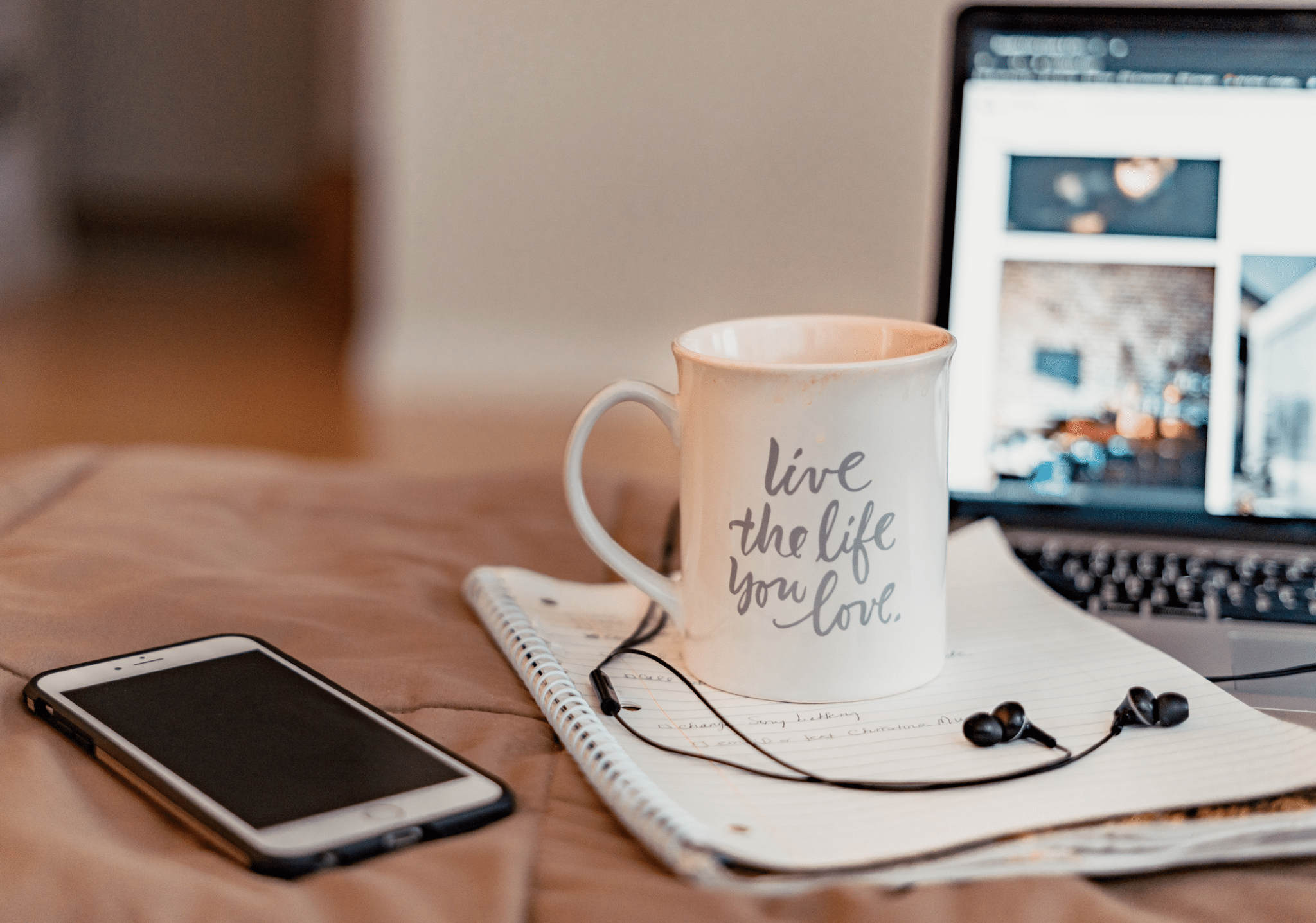The Dekalb County, Georgia U.S. Citizenship and Immigration office. Photo by Gulbenk. Creative Commons License. Courtesy Wikimedia.
“I’m trying my best to do right so I can be a citizen,” said Steven Dorminvil. The Haitian immigrant worries about citizenship and now he fears what will happen if he or his family contract the coronavirus.
The Trump Administration issued a new rule in October 2019, before the coronavirus hit, to discourage immigrants from reaching out for public assistance. The Public Charge Rule targets immigrants who use Medicaid, SNAP and live or want to live in public housing. It threatens their opportunity for citizenship.
New York Attorney General Letitia James objects to the rule. In a March press release,
she argued that it “. . . creates a ‘bait-and-switch’ ― if immigrants use the public assistance to which they are legally entitled, they would jeopardize their chances of later renewing their visa or becoming permanent residents. As a result, since the spread of COVID-19 began in the United States, immigrants may now be afraid to seek out the health coverage they need to remain healthy.”
Dorminvil, his wife and two small children moved to America to “. . . have a better life.” They moved in with his mother in Canarsie, Brooklyn. The money he makes as a taxi driver barely supported his family even before shelter-in-place orders cleared the streets. In the past, they used Medicaid and WIC when his income fell short. Now they are scared to use benefits even if they need them. Becoming a citizen is too important. “Trump (is) trying hard to kick us out the country, so I didn’t even think about getting tested for coronavirus,” he said. I don’t want to risk it.”
Even as they face a choice between their earnings and their health, The Migration Policy Institute (MPI) reports non-citizens are among the largest group of essential workers:
Six million immigrant workers are at the frontlines of keeping U.S. residents healthy and fed during the COVID-19 pandemic. While the foreign born represented 17 percent of the 156 million civilians working in 2018, they account for larger shares in coronavirus-response frontline occupations: 29 percent of all physicians and 38 percent of home health aides, for example. They also represent significant shares of workers cleaning hospital rooms, staffing grocery stores, and producing food.
Many of these essential workers are at the forefront of the COVID-19 battle, yet healthcare for themselves seems out-of-reach. Forty-five percent of undocumented immigrants have no health insurance, the Kaiser Family Foundation found.
The Department of Homeland Security has tried to reassure immigrants. Its website says, “The Public Charge rule does not restrict access to testing, screening, or treatment of communicable diseases, including COVID-19.” However, many immigrants are still wary of becoming a public charge, a New York Times reporter found.
Immigrants who’ve become citizens understand the frustration and fear. Andre Blake, a native of Jamaican who gained citizenship in 2014, told me through an Instagram direct message, “All immigrants should be given a fair chance.” Blake did not use public assistance while he held a green card. He worked two jobs while going to school. Nevertheless, he said, “It should be an equal chance to get a hand in life even if the government helped them.”
